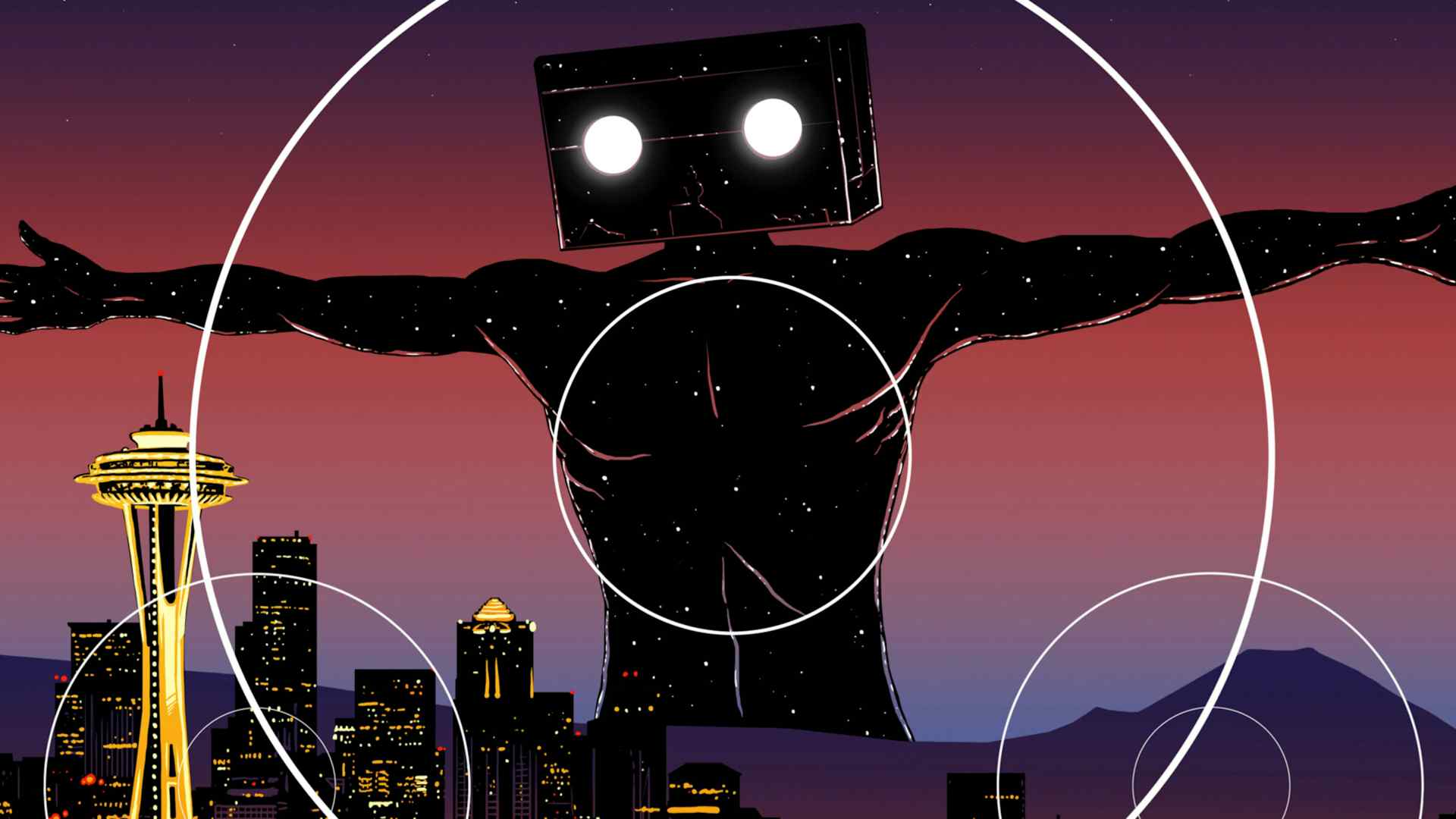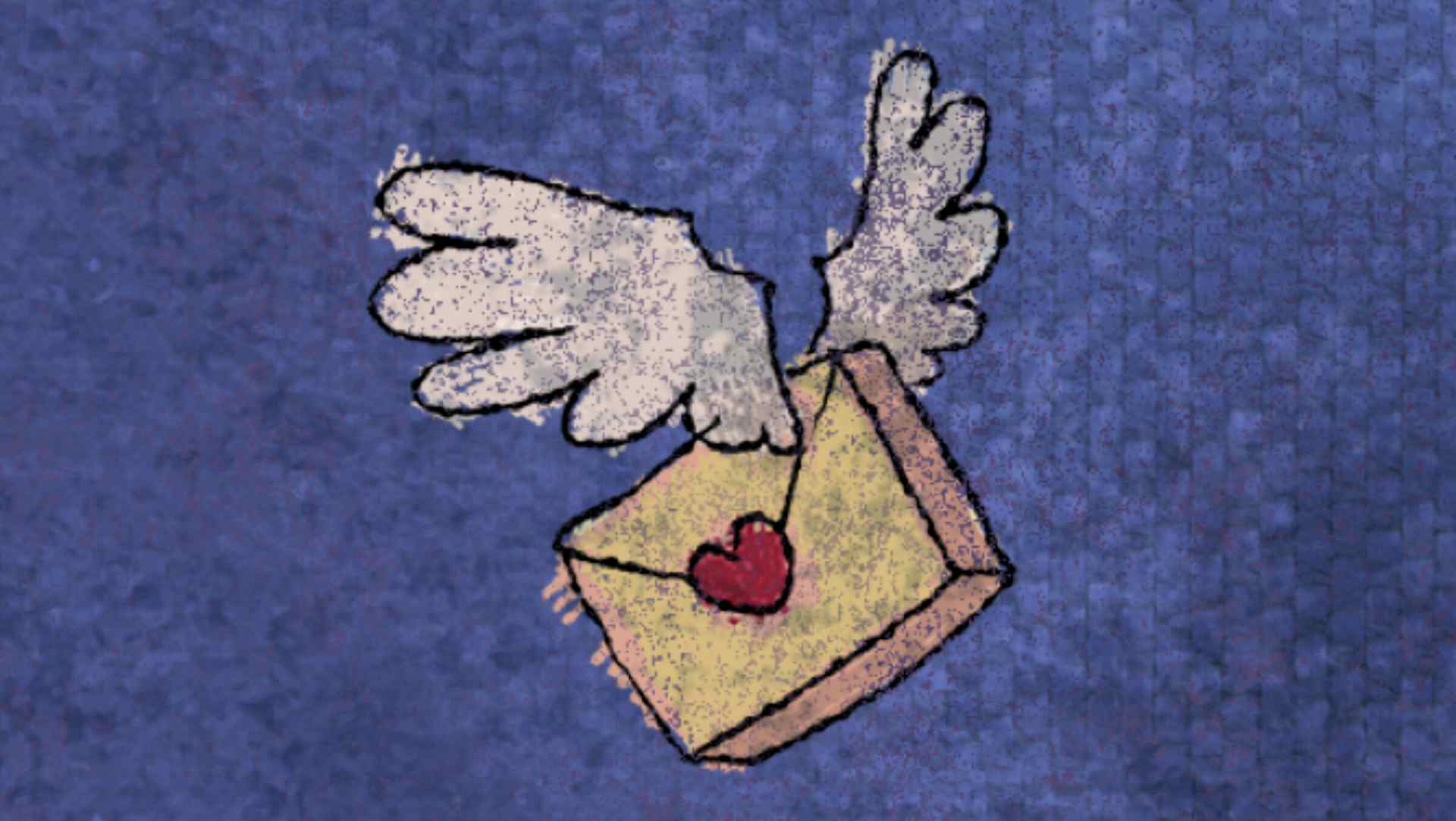Robert Horton is a Scarecrow board member and a longtime film critic. This series of "critic's notes" is chance to highlight worthy films playing locally and connect them to the riches of Scarecrow's collection.

Napoleon begins in 1793, its title character a young Corsican captain, and ends with his death in 1821. In other words, 86-year-old Ridley Scott has been a field general much longer than Bonaparte ever was. There must be some strong identification between movie directors and Napoleon (the big Nappy project Stanley Kubrick worked on makes you wonder whether Kubrick might've abandoned it for being a little too on the nose), but if Scott feels a kinship for his central character in this film he hides it rather well. Joaquin Phoenix's Napoleon is easily the most opaque figure onscreen; he's anxious (his eyes darting nervously before leading a bold move at the siege of Toulon), he's impetuous (grabbing the crown at his imperial coronation), he's laughably banal (greeting the freshly-defeated Austrian king by blurting out, "It's so nice to finally meet you," like a matron at a church social).
Most of all, he is a maladroit lover, whether wooing Josephine (Vanessa Kirby) by staring intently at her across a crowded room or boffing away in primal fashion in the bedchamber. Between these moments, Phoenix waddles around, mumbling his way through the part much more than mumble-gold-standard Brando did in Desiree. It's absolutely fine to have a modern Napoleon, and the screenplay (credited to David Scarpa) seems set up to give us an anti-hero … and yet this exhausted-looking fellow in the funny hat wanders through history, more hapless than world-beating monster.
The battle scenes feature some startling images, as one expects from this director; Scott knows how to commandeer his forces so that we get a breathtaking idea of how the armies at Austerlitz come together and why Napoleon's strategy was so brilliant. A few political-intrigue scenes serve to connect the high points. But this movie is at its most charged when Napoleon and Josephine are involved in some kind of congress, and this is where you see what the movie might have been. As a critic, I'm not big on instructive movie reviews, where the critic knows how all this could have been better, if only the filmmakers had done this and that. But indulge me for a moment, because the movie's interest in the Private Life of Bonaparte cries out for an approach that proposes that the great man, a brilliant military tactician and inspirational battle leader, was clumsy with his wife, though he loved her fanatically. If we saw Napoleon's vigor, surely it would sharpen the difference between the film's two realms, and the romance would become more poignant as a curious sort of push-pull dance, in which Europe's conqueror could only ever be partly successful.
That approach would at least offer a contrast, a useful central irony, for a dynamic film. There's a splendid moment when the future lovers, out on a proper date, are sitting at a table and Napoleon all but shoves Josephine's chair closer to his own—the military strategist arranging the field of play. But Phoenix's Napoleon, though he may occasionally raise his sword and charge into the breach, is a shuffler, as bumbling on the battlefield as he is in the boudoir. Now, this is an approach, and there are Monty Pythonesque satirical touches (the final shot included) that hint at a wilder and more critical slant on the subject. An afterword, in which the deaths attributable to Napoleon are listed, has more bite than what has come before. So what is this movie meant to be? It moves at gratifying speed, but looks rushed and downright dingy at times—an especially disappointing point, because if Ridley Scott is hardly given to introspection, he is nimble at making surfaces shine.
If Scott were given to introspection, you might wonder whether Napoleon is meant to comment on the facile nature of the director's past work, its easy manipulations and violence. I doubt it, but the film does look tired. When it erupts with dazzlingly weird moments—such as Josephine breaking into laughter when she reads her divorce statement to the world, an act dictated by her inability to bring her husband an heir—this movie comes alive. Unlike his protagonist, Scott seems more excited by foregrounding the mystery of love than crushing enemy armies.
December 1, 2023


